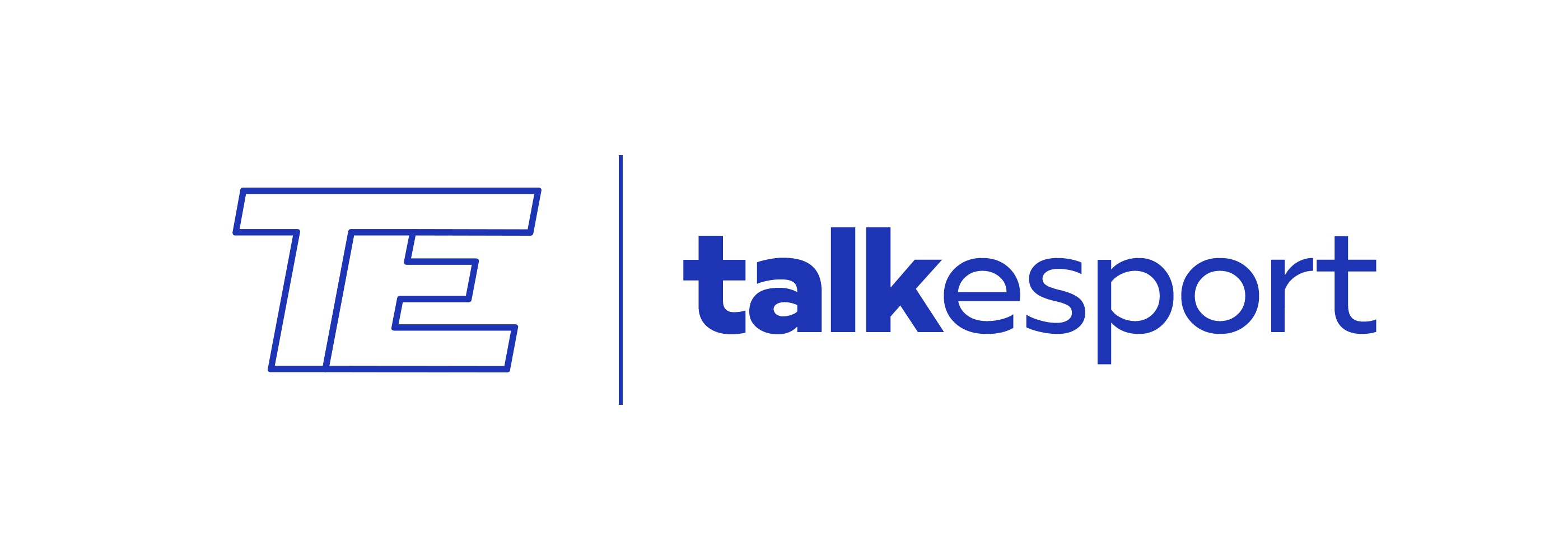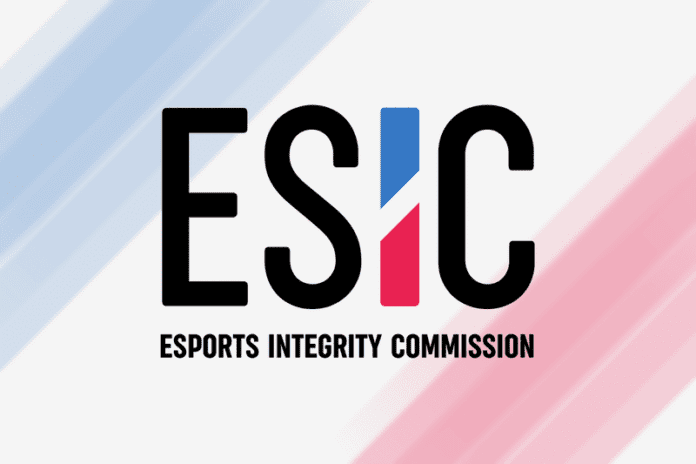The ESIC has decided not to proceed with any prosecutions against the “widespread” stream-sniping cases and has closed the ongoing investigation to prevent harming the esports scene revolving around CSGO.
In a statement released today, ESIC said that there have been “numerous allegations” of stream-sniping cases against players and coaches in the past few months. They further claimed that these allegations were “widespread” in this online age of esports, and that some of the cases were “impossible to prove” or would require a considerable among of resources to be thoroughly examined.
“ESIC has therefore concluded that the only sensible solution for the CS:GO community was to draw a line in the sand as of the date of this statement by indicating that we are closing all current investigations without prosecution and reiterating that any violation of this rule from today onwards will be prosecuted vigorously and the maximum available sanction sought if the player, coach or team is found guilty,” ESIC said in the statement.
Moving forwards, ESIC has implemented stricter restrictions for stream-sniping and has reinforced prohibition on stream sniping in CSGO with its notification of a zero-tolerance policy.
Recommendations put forward by the ESIC to prevent stream-sniping in future tournaments:
1) Any tournament rule prohibiting the viewing of a broadcast stream of a CSGO match should be reviewed and, if required, strengthened, republished, and notified to all participants.
2) Stream delay should be increased to a minimum of 3 minutes.
3) During technical pauses between a game, the stream shouldn’t show any information on the current round. Casters and analysts should also refrain from commentating on the current round.
4) In tier-one competitions, efforts should be made to include live video feeds from the playing teams.
5) To prevent the exploitation of the 3-minute broadcast delay for betting fraud by teams, tournament organizers should reach “official data” agreements to provide real-time data via a data partner or directly to the esports betting industry.


